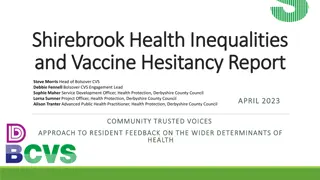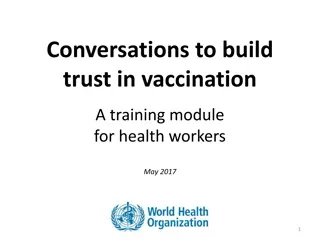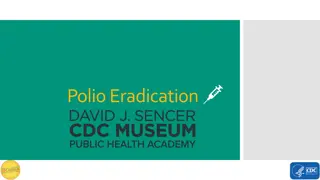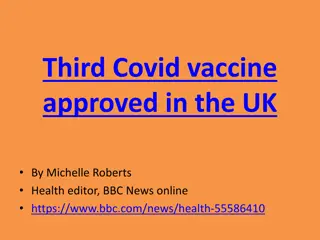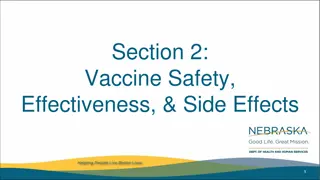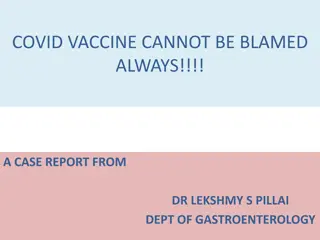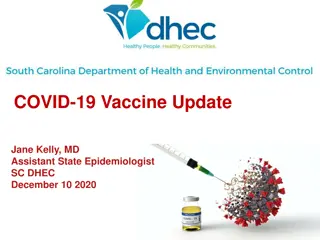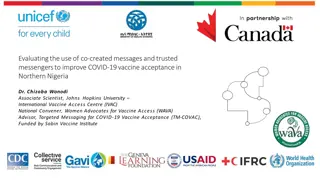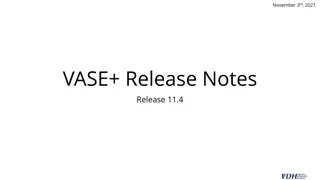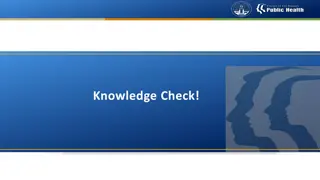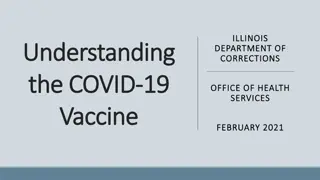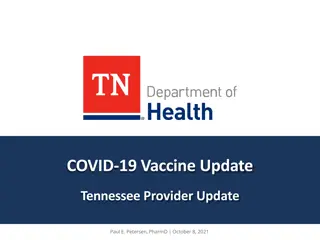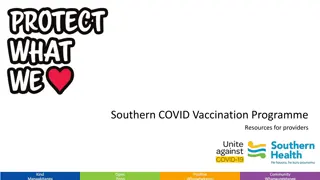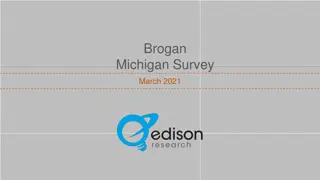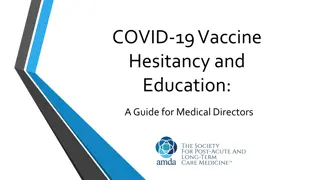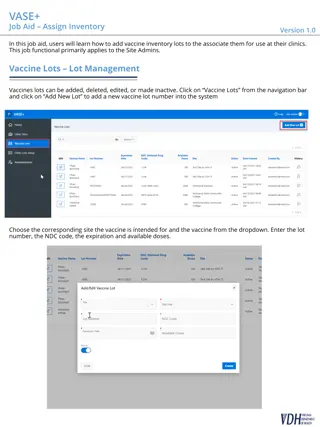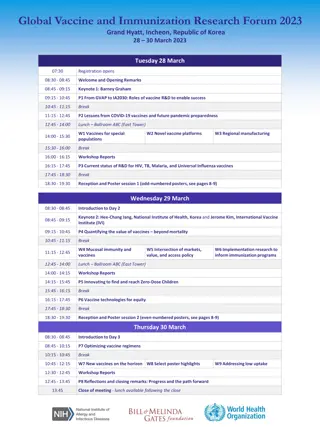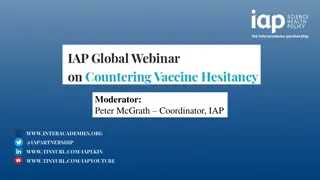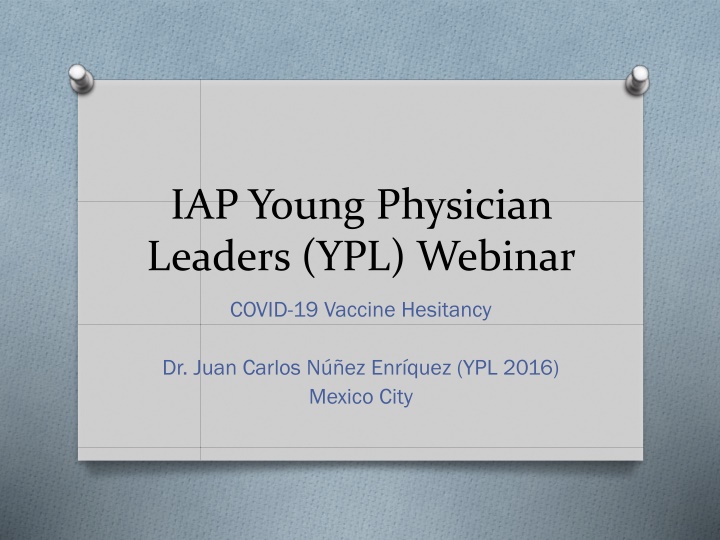
Vaccine Hesitancy in the COVID-19 Era
Explore the factors contributing to vaccine hesitancy globally, the importance of vaccines in public health, and the development of COVID-19 vaccines. Learn why individuals may refuse vaccines, how perceptions influence acceptance, and the impact of vaccination on personal and community health.
Download Presentation

Please find below an Image/Link to download the presentation.
The content on the website is provided AS IS for your information and personal use only. It may not be sold, licensed, or shared on other websites without obtaining consent from the author. If you encounter any issues during the download, it is possible that the publisher has removed the file from their server.
You are allowed to download the files provided on this website for personal or commercial use, subject to the condition that they are used lawfully. All files are the property of their respective owners.
The content on the website is provided AS IS for your information and personal use only. It may not be sold, licensed, or shared on other websites without obtaining consent from the author.
E N D
Presentation Transcript
IAP Young Physician Leaders (YPL) Webinar COVID-19 Vaccine Hesitancy Dr. Juan Carlos N ez Enr quez (YPL 2016) Mexico City
O Despite vast improvements in global vaccination coverage during the last decade, there is a growing trend in vaccine hesitancy and/or refusal globally O Vaccines are among the most cost-effective health technologies of all time Wagner CE et al. Front Public Health. 2020;8:614113
O By choosing to be vaccinated, an individual protects themself but also protects their community by preventing disease transmission. O Vaccines save 5 lives every minute Lewandowsky, S. et al. (2021). The COVID-19 Vaccine Communication Handbook.
Vaccine refusal factors O Underestimated risk of disease O Overestimated risk of vaccine-induced adverse effects O Risk perceptions are rightly placed as core concepts in theories of health behavior Brewer NT et al. Health Psychol. 2007 Mar;26(2):136-45.
Vaccine hesitancy Doubts about a specific vaccine Complete rejection
People are more likely to accept vaccination when: O They perceive a high risk of contracting the disease when unvaccinated O Increased personal vulnerability to develop the disease O Greater severity of the disease Brewer NT et al. Health Psychol. 2007 Mar;26(2):136-45.
COVID-19 Vaccines Development O Recruitment period was short compared with the usual 12-18 months period for other vaccines O More participants than many other vaccines O It was no delay between completion of testing and rollout Pharmaceutical companies O Funding was not an obstacle O Side effects are transient (24-48 hours) O Serious side effects are extremely rare Lewandowsky, S. et al. (2021). The COVID-19 Vaccine Communication Handbook.
Confidence and Receptivity for COVID-19 Vaccines: Systematic Review O US and other countries O 126 studies and surveys were selected O Declining vaccine acceptance (from >70% in March to <50% in October Lin C et al. Vaccines (Basel). 2020 Dec 30;9(1):E16.
Percentages of expressed refusal or hesitancy to a vaccine intention question Lin C et al. Vaccines (Basel). 2020 Dec 30;9(1):E16.
The Role of Healthcare Professionals O They are the most trusted advisors and influencers of vaccination decisions O They help establish vaccination as the norm O They should switch rapidly to acknowledging and empathizing with the person s concerns. O Strong recommendations are effective: I can see that you need your COVID vaccine today You are due for your second COVID vaccine Chung, Y. et al. Maternal and Child Health Journal, 21, 2178-2187.
Main factors associated with an increased hesitanty about COVID-19 vaccines 1. Ideological reasons O because COVID-19 and the response to it have become politicized in some countries. 2. Vaccination opponents- Conspiracy theories O anti-vax extremists make up only about a third of respondents in surveys who said they would not respondents in surveys who said they would not vaccinate vaccinate 3. People who has experienced medical malpractice affecting current trust O Marginalized populations: immigrants, low- income subjects, etc. a third of Lewandowsky, S. et al. (2021). The COVID-19 Vaccine Communication Handbook.
Main factors associated with an increased hesitanty about COVID-19 vaccines 4. People who let others to be vaccinated while they receive the benefits of herd immunity without getting the vaccine. 5. Young and Healthy individuals believing they are not at risk from COVID-19 Lewandowsky, S. et al. (2021). The COVID-19 Vaccine Communication Handbook.

